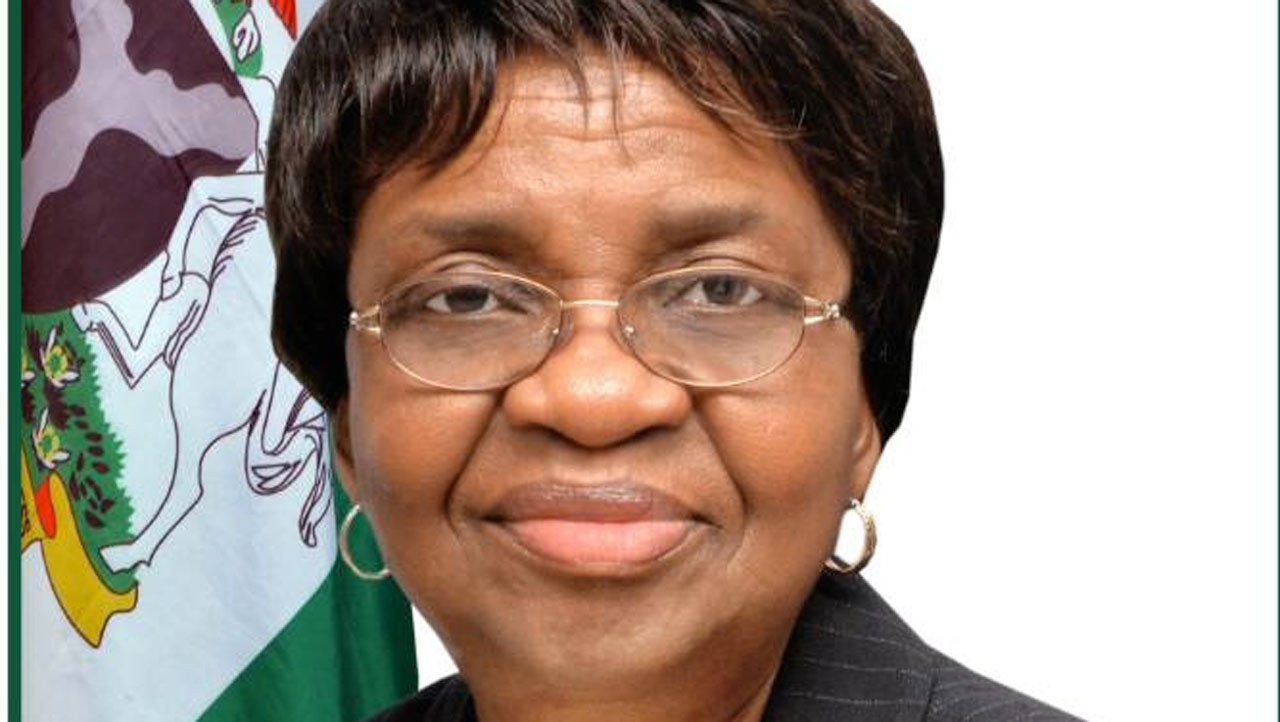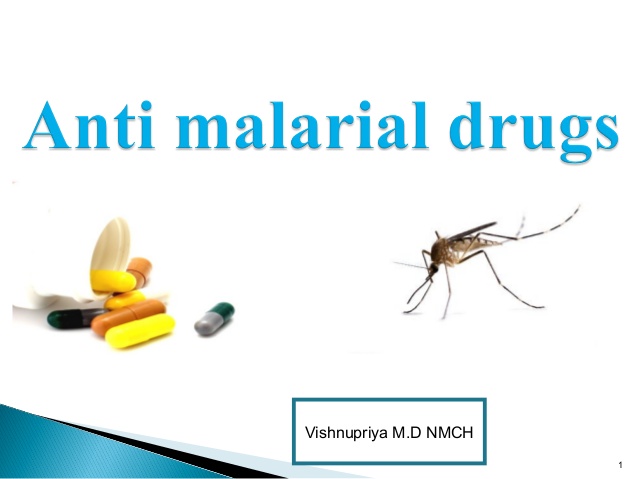NAFDAC Aims To Reduce Fake Drugs In Circulation To Zero — Adeyeye
The National Agency for Food and Drug Administration and Control, NAFDAC has said a total of 17 percent of medicines in circulation in the country are fake.
A previous report claimed the amount was 70 percent.
Speaking during a press conference in Lagos, the Director General of the Agency, Prof. Mojisola Adeyeye said NAFDAC is working assiduously to reduce the figure to zero percent.
“The 70 percent people are misquoting was the 2015 National Drug Policy target that Nigeria intend to achieve 70 percent local drugs manufacturing and reduced importation to 30 percent.
“But unfortunately we are still importing 70 percent and produce 30 percent locally. The good thing about it is that no locally produced drugs are fake, unless if such company is not registered, because they are well monitor.
“One of the focus and priority areas of my administration is reducing substandard and falsified drugs through emphasis on local manufacturing. Promotion of local manufacturing has been on my priority list.”
The NAFDAC boss explained that local manufacturing of drugs would not only ensure drug security but reduce unemployment as well as increase contribution of the pharmaceutical industry to the nation’s GDP.
“The agency hereby wishes to inform the general public that the fight against fake drugs and other unwholesome NAFDAC regulated products is something that the Agency considers as a daily routine activity,” she assured.
“NAFDAC wishes to inform members of the public, especially health care providers, policy makers and development partners to disregard an online publication at that 70 per cent of all drugs in Nigerian markets are fake, she added…
Adeyeye said that a study jointly carried out by NAFDAC, the World Health Organisation (WHO) and the Department for International Development (DFID) in 2005 revealed that fake medicines stood at 16 per cent.
She added that a survey conducted by NAFDAC in 2017 and 2018 on some widely used drugs showed that Nigerian medicines were 98 per cent wholesome.
“A study of Counterfeit and Substandard Medicines in Nigeria conducted by NAFDAC in collaboration with WHO and DFID in 2005 revealed that counterfeit medicines stood at 16.7 per cent in 2005.
“We have in place different devices to ensure that our essential medicines are protected. As an agency, our enforcement and surveillance teams are always on field going after people that are not registered as manufacturer and faking manufacturing.
‘Recently, we destroyed about N2.5 billion fake drugs intercept by our teams,” she noted.
She however pointed out that the sure way to stem substandard medicine was to increase local production. Fielding questions on the update of recalled confiscated codeine containing cough syrup, Adeyeye disclosed that plans are underway to pay over N1 billion as compensation to the companies that had their codeine impounded as they produced them legally.
She also disclosed that about 2.5 million codeine containing cough syrup was recalled across the country and that there compensations are being finalised.
“We have been having series of meetings with many government agencies and committees such as National Security Adviser group, the Presidency and the Ministry of Health.
The final point is that we recalled about 2.5 million bottles of codeine and then put them on hold. This is sad because some companies did not commit the crime. We put all the codeine on hold including the powder that is used to for the syrup. It will cost about N1 billion plus to reimburse these manufacturers,” she said.
“We are working on whatever the Ministry of Health is doing now to reimburse those companies affected. We just called a meeting about last two weeks on it. They will be reimbursed because most of them legally produce the product in spite of the bad distribution channels.





